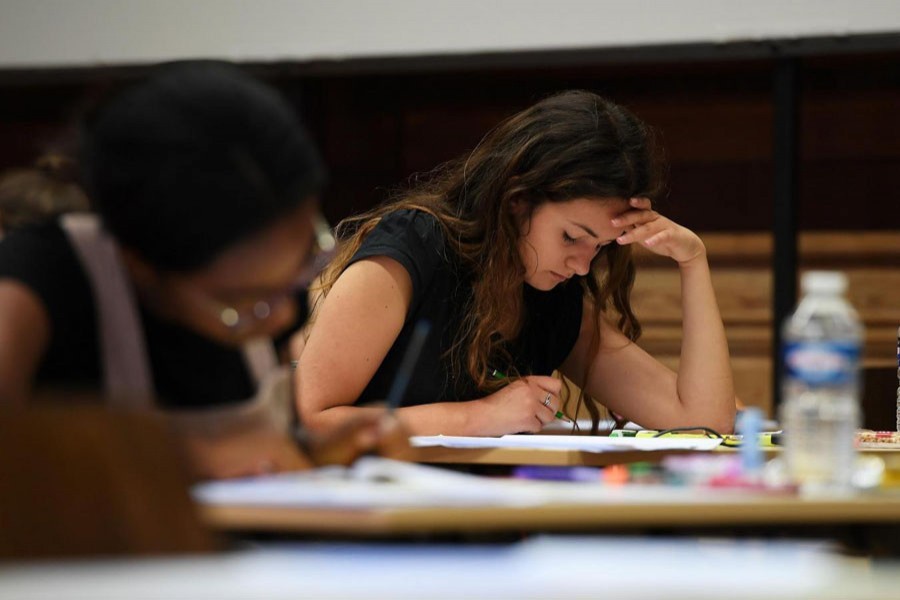In the 19th and early 20th century Bangladesh, many ustad (teachers or mentors) used to offer lessons to visiting students. Themselves mostly insolvent, some of them still taught their pupils free of cost as they knew conditions of the rural families.
Such sacrifice was made by all those unnamed personalities to awaken the masses, replace ignorance with knowledge in their surroundings. Some of the slightly educated and kind-hearted rich men and women joined the mission to educate their society.
Schools and colleges were established in different parts of the country by philanthropists and through collective initiatives. College graduates and sometimes Master's degree holders were persuaded to spend their whole life by taking up the challenge of enlightening local boys or girls.
Their contributions were reflected in diverse backgrounds of meritorious students at major colleges and universities and their academic results over a number of decades.
So, the mufassil (peri-urban, semi-rural) talent had been an obvious strength and beauty of the Bangladesh education. A brilliant student from a remote village anywhere in the country could dream big, dreams that were supported at one point by their institutions as guardians.
In forming managing committees of schools and also some government-supported bodies, at least one person was coopted from among those who were called education enthusiasts in that locality.
'Education enthusiast', Biddyotshahi is the Bangla term --- perhaps a more in-depth one, is not comprehensible to today's youths.
That is because history of all those unsung heroes remained unrecognised and often unknown to subsequent generations. And there are hardly any altruistic people around them for selflessly supporting pursuit of education, to make a comparison. Now, the Covid-19 has exposed the digital divide in education.
The current students and young graduates are generally not told how much the founders and teachers of schools and colleges of earlier generations had sacrificed their personal wellbeing and even lucrative career elsewhere.
It's also natural that every generation won't embrace the same mission. Rationally, as global trends suggest, institutions are supposed to function to carry forward the dreams and vision of the pioneers.
In our case, that didn't happen, especially since the late 20th century and afterwards.
When educational institutions were created indiscriminately with the objective of employing some unemployable people, we couldn't expect any better result than a decline in delivery of educational services. If the government-offered benefit called monthly pay order (MPO) is the main target of building institutions, the ideal of education is defeated.
In secondary and higher secondary level education, good institutions were once made with private initiatives and governments in our part of the world joined them later. It is opposite for tertiary level education where private universities are a relatively new reality in our context.
The moment the private universities were criticised for commercial motive and lack of adequate facilities including campus, the public universities failed to retain their old quality, let alone competing globally.
A hundred years ago, only a few families were aware of the importance of education for their children but the 'education enthusiasts' went from door to door to educate the nation. Today, families themselves demand quality education and some are ready to send their children abroad, when they see serious deficiency in quality at home.
Have the Biddyotshahis disappeared from society? If quality institutions are built now, there would be no dearth of admission seekers, raw talents, or adequate cash. Most of the globally reputed universities in the West were founded and run by private persons and groups.
It's not understandable why educational institutions of high standard can't be built in our country at a time when Bangladeshis seek better education and the country can afford hiring high quality faculties to initiate a world class university.
If the best Bangladeshi talents and entrepreneurs at home and abroad join hands to establish and run professionally educational institutions at different levels all over the country, a change for the better is possible.


